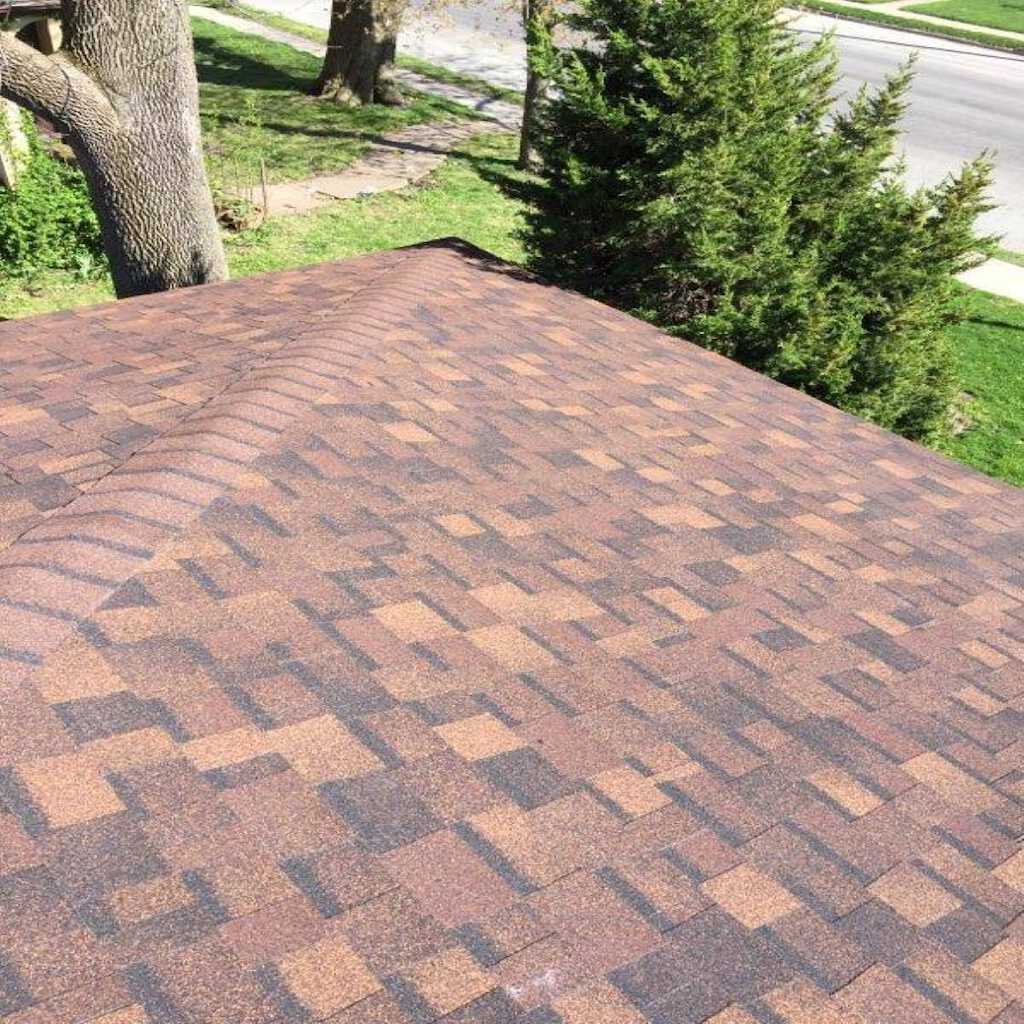Your roof is the unappreciated hero in your house. It protects your family from extreme temperatures and harsh weather conditions while keeping pesky critters out of your home. However, to keep your roof in good shape, you need to perform regular maintenance and inspections.
The National Roofing Contractors Association recommends scheduled roof inspections at least twice per year, preferably in the spring and fall. Unfortunately, many homeowners in Effingham, IL, don’t know what roofing inspections involve. A roofing inspection can help identify any potential problems with your roof and keep it in good condition.
Read below to understand what to expect from a roofing inspection and how to get one for free from Mid-State Roofing:
An Examination of the Roof
A roofing inspection is a thorough examination of your roof’s condition. A roof inspector will check for any damage, including leaks, missing or damaged shingles, and other potential problems.
The inspector will also assess the condition of your gutters and downspouts to ensure they are in good working condition. Additionally, the inspector will look for any signs of wear and tear, such as cracks or holes that could cause problems in the future.
You can break the roof inspection process into five categories. These categories include:
Structural Roof Inspection
A structural roof inspection assesses the wear and tear of your roof’s structure. The inspector will look at the roof’s framing, support systems, and overall integrity, checking for any signs of rotting, water damage, or other problems that could weaken the roof’s structure.
Some common signs of structural damage to your roof include:
- Splintered, cracked, or rotting trusses or rafters
- Damaged or Missing collar ties
- Sagging and drooping ceilings
- Sabotaged or missing rafter ties
- Leaning and tilting exterior walls
- Misaligned or missing roof sheathing
A structural roof inspection is essential because it can identify any potential problems leading to a collapse. This is quite dangerous, especially if your roof is in poor condition.
Waterproofing and Drainage Roof Inspection
This type of inspection assesses your roof’s ability to protect your home from water damage. The inspector will check for any leaks, holes, or cracks in the roof that could allow water to enter your home.
Additionally, the inspector will assess your gutters and downspouts to ensure they are clear of debris and working properly.
A good waterproofing and drainage system is essential to keeping your home in good condition. Water damage is one of the most common problems homeowners face, and it can be pretty expensive to repair.
Interior Roof Inspection
The interior roof inspection assesses the roof’s insulation and ventilation condition. The inspector will look for any signs of water damage, mold, or other problems that could cause problems in the future. Other signs to look out for include:
- Water stains
- Holes in the ceilings and walls
- Wood rot
- Pests in the attic
- Beams and rays of light penetrating the ceiling into the attic
An exterior roof inspection is essential for assessing the condition of your gutters and downspouts. The inspector will also check if the roof’s flashings and sealants are in good shape to prevent moisture build-up.
Thermal Imaging Roof Inspection
A thermal imaging roof inspection is a type of roof inspection that uses infrared technology to assess the roof’s condition. Thermal imaging can detect problems that are not visible to the naked eye, such as leaks, missing insulation, and other potential issues.
During a thermal imaging roof inspection, an inspector will take pictures of the roof with a special camera. An expert will analyze these pictures to identify any potential problems.
Material Inspection
When a roofing contractor comes out to do an inspection, they will be looking at more than just the roof itself. They will inspect the gutters, downspouts, and flashing.
They will also look for any signs of pests, such as rats or birds, that could be nesting in your gutters or roof. Debris that has accumulated in your gutters can also lead to the rotting of the roofing material.
Roof Analysis Report
A roof inspector will look at every nook and cranny on your roof. They will be looking for any signs of damage or wear and tear. They will also take note of the age of your roof and the condition of your gutters and downspouts.
After the inspection, you will receive a report that details the condition of your roof and recommendations for repairs or replacement. The roof report will consist of:
- A description of the roof’s condition
- An estimate of the roof’s remaining lifespan
- Recommendations for repair or replacement
- An estimate of the cost of repairs or replacement
A roof inspection is a great way to assess the condition of your roof and get an idea of its remaining lifespan.
How to Interpret the Roof Inspection Report
Your roof inspection will detail the condition of your roof and recommendations for repair or replacement. Once you get the report, you should read it carefully, ensuring you understand all the included information.
If you have any questions about the report, don’t hesitate to reach out to your roofing contractor. They will be able to answer all your questions and help you make the best decision for your roof.
Now You Know What to Expect During Roofing Inspections
Roofing inspections in Effingham, IL, are essential for keeping your home in good condition. An inspection will assess the condition of your roof and gutters and provide you with a report detailing any problems or recommendations.
Are you in need of a roofing inspection? Contact Mid-State Roofing today for a free roof inspection. We’ll be happy to answer any questions you have about our process.

